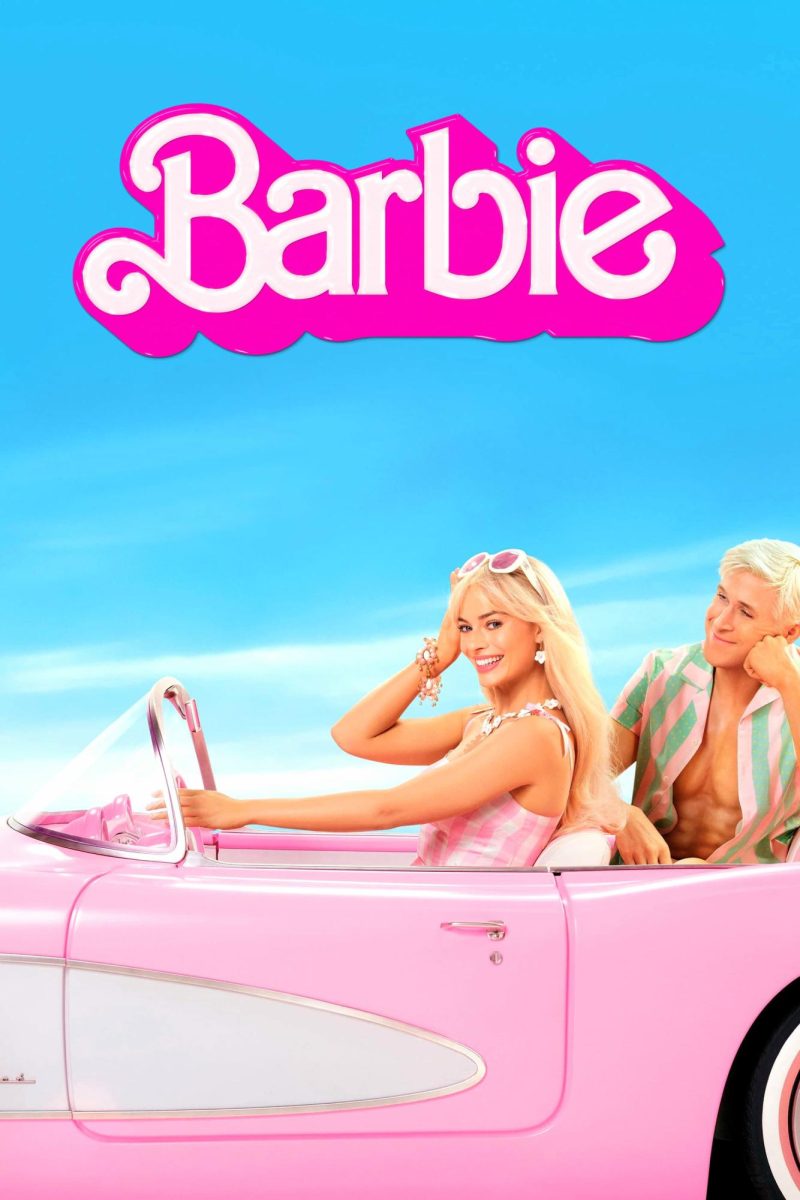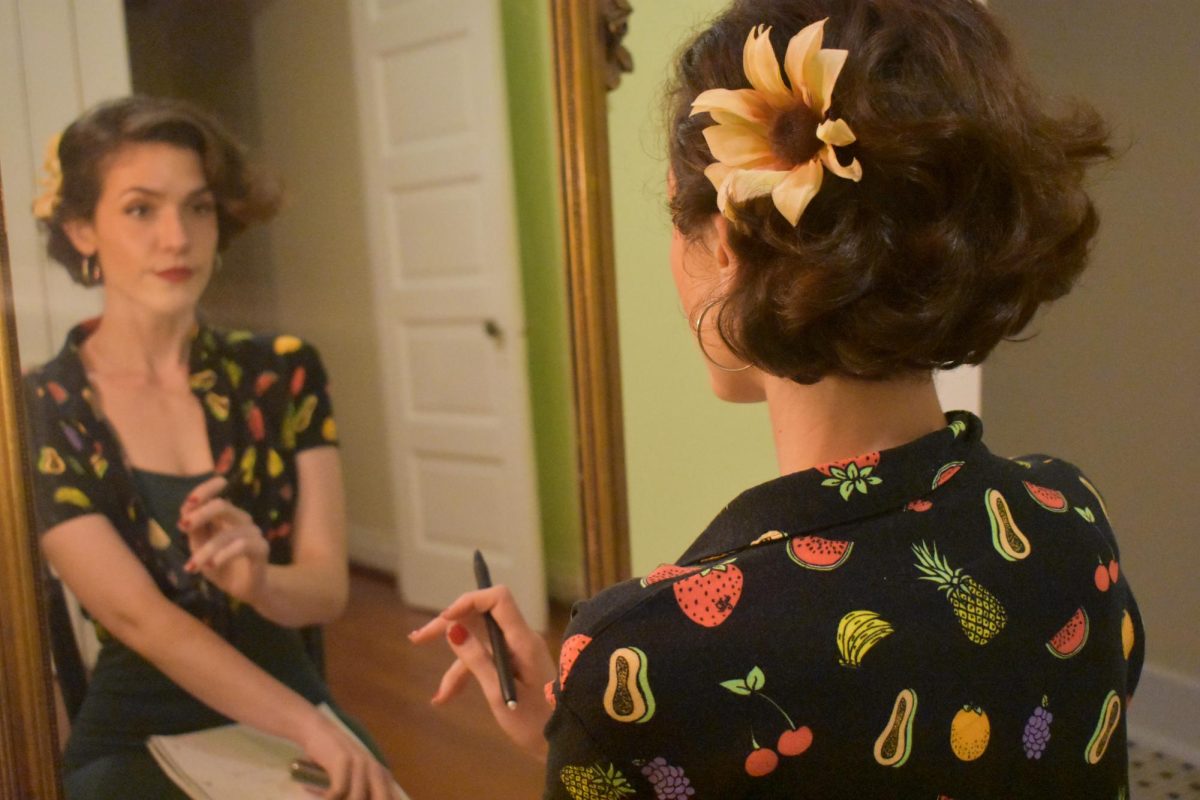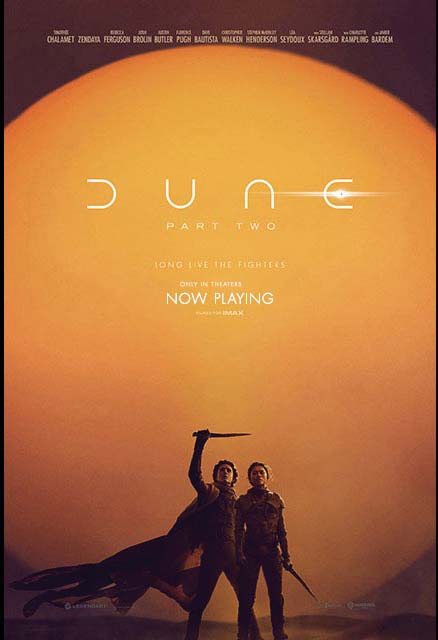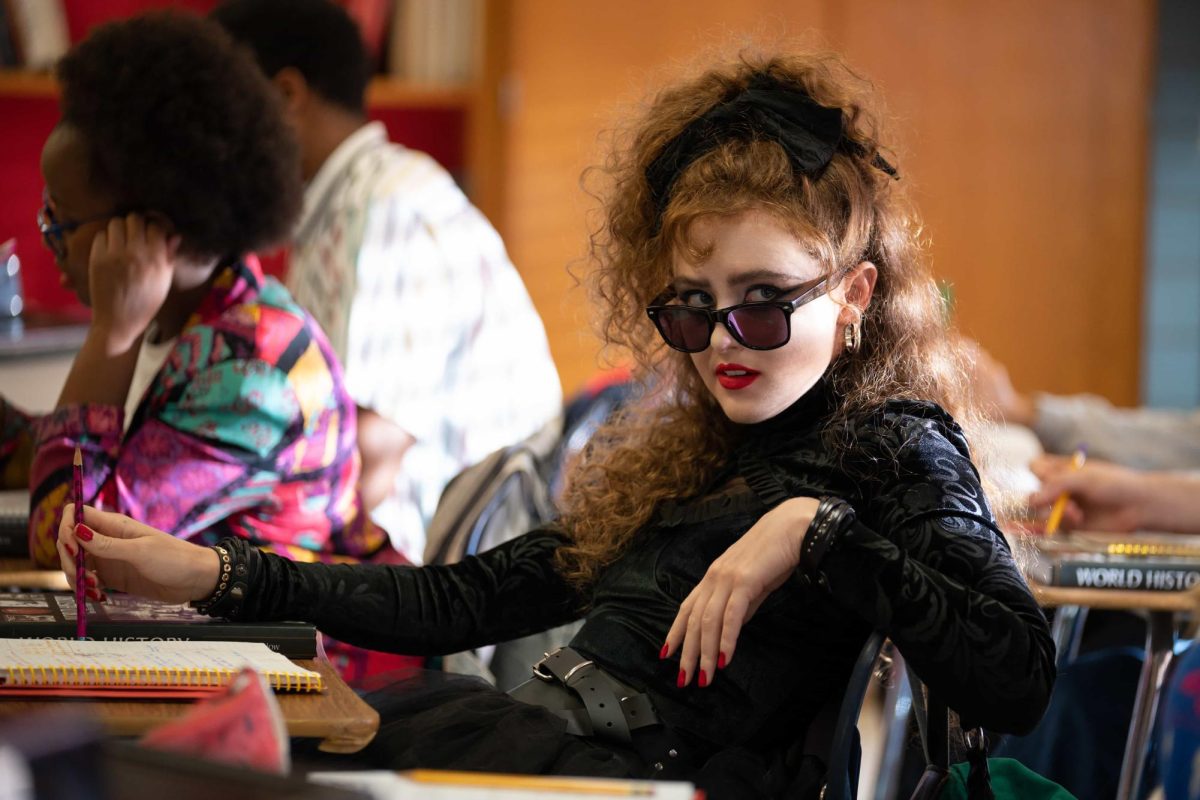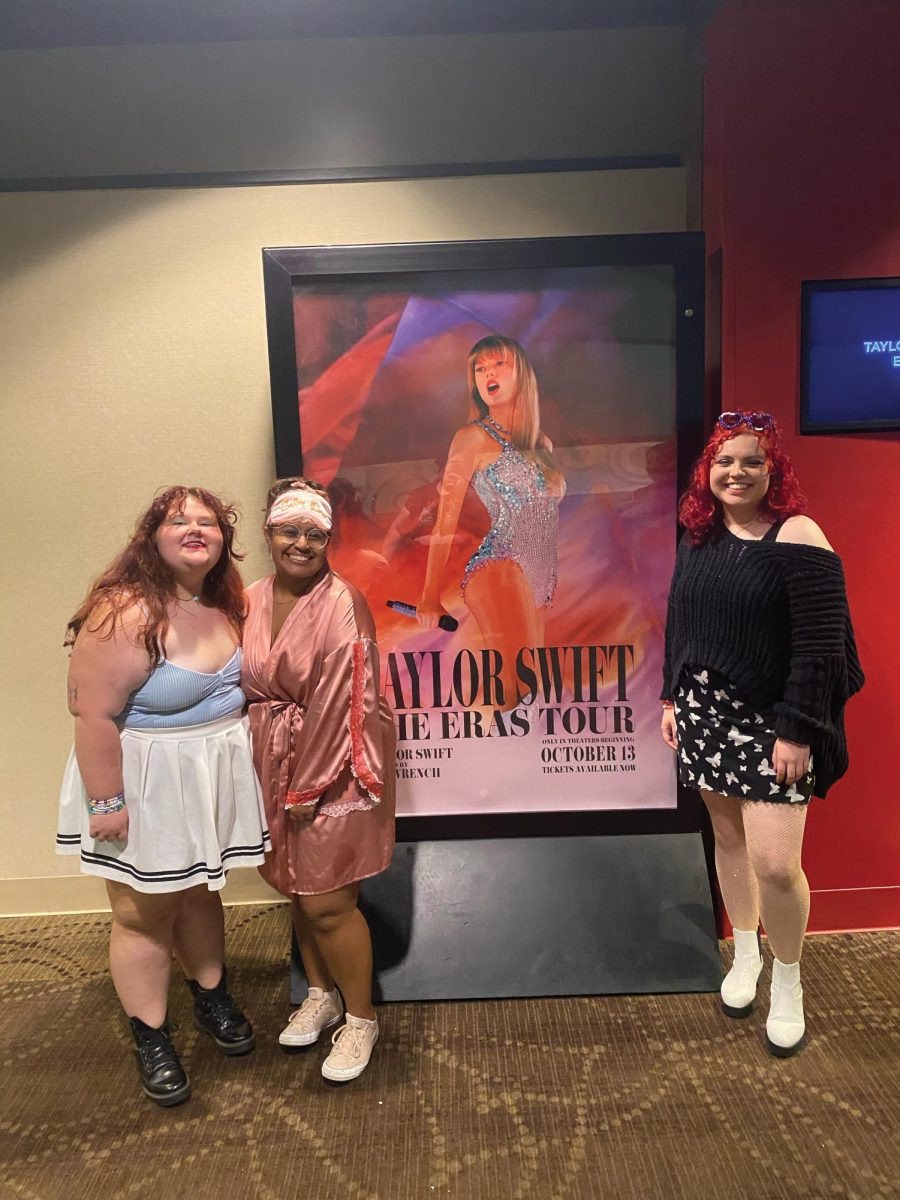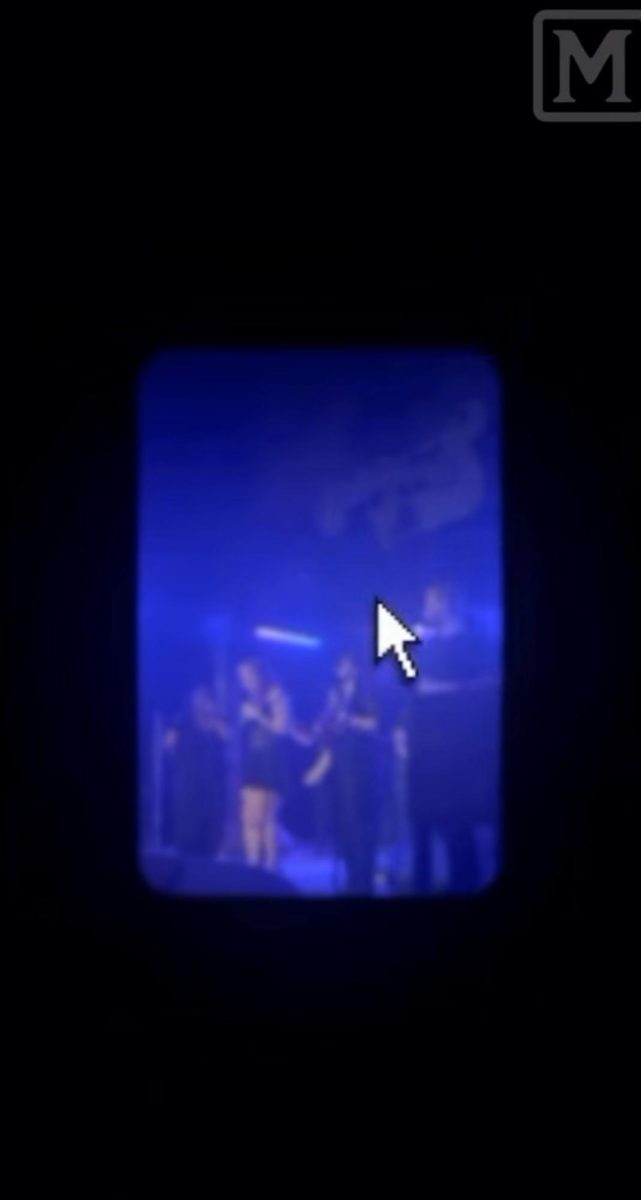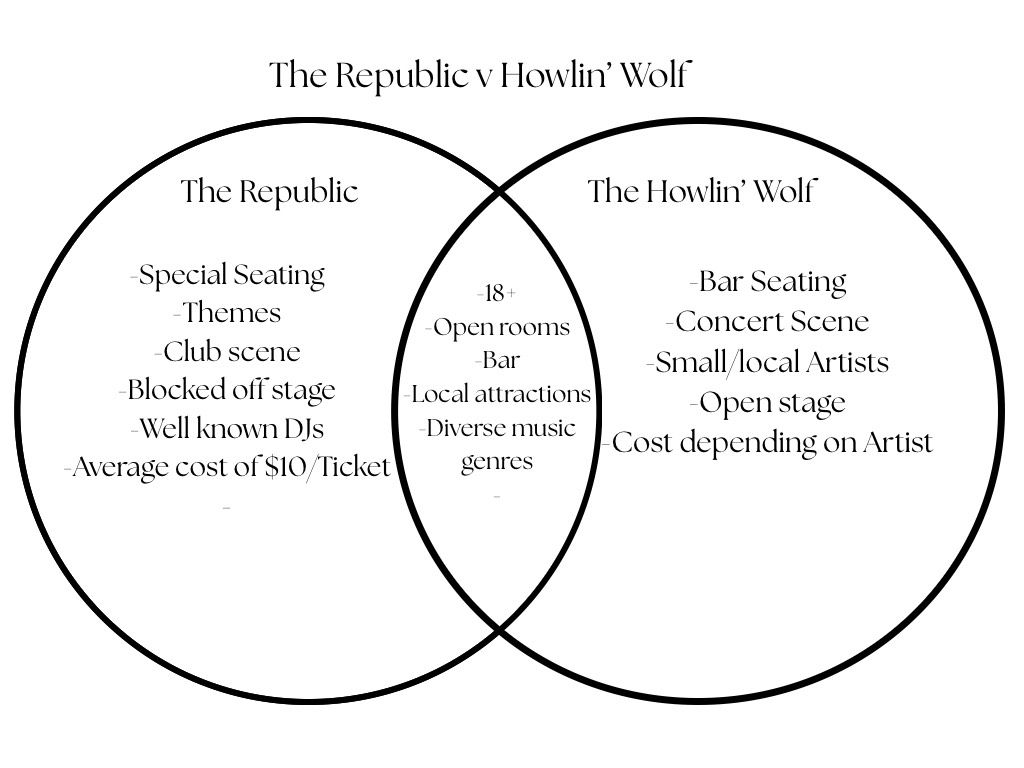In spite of being long overdue, Greta Gerwig has become the first female director with a billion-dollar film under her belt.
“Barbie” has been the highlight of the summer, drawing discourse from far-right and leftist media platforms alike. While some claim it was “anti-man” feminist propaganda, others believe it was an existentialist commentary on the transition from girlhood to womanhood. I can wholeheartedly say that I’m in complete agreement with the latter viewpoint.
Stereotypical Barbie (Margot Robbie) lives her pristine day-to-day life in Barbieland with Ken (Ryan Gosling) and a myriad of other Barbie and Ken variants. From one day to the next, Barbie develops an awakening desire for purpose and self-fulfillment. She makes a visit to Weird Barbie (Kate McKinnon), who informs her that she must visit the real world in order to uncover the truth she seeks.
Even though I went in with a preconceived notion of the film’s excellence based on Gerwig’s previous work, “Barbie” exceeded my expectations in every way. Gerwig’s ability to weave and intertwine elements of the human experience through the lens of female autonomy never ceases to amaze me. Gerwig presented audiences with a light hearted, sentimental depiction of what it is to be a woman and how inherent societal structures and ideologies often limit us.
Nonetheless, “Barbie” received backlash for all sorts of reasons. Primarily for its feminist themes and commentary on patriarchy. However, it seems those who were vexed by this film lack a fair amount of media literacy.
“Barbie” turns the table in terms of narrative and in regard to gender roles throughout the history of cinema. “Women in Refrigerators” is a trope that was generated by writer Simone Gail which places emphasis on the recurrence of female characters being portrayed as assets to their male counterparts. A student writer for the Women’s Center worded it best; “Utilizing female characters as assets to their male counterparts contributes to the sexism women are subjected to their entire lives. Young girls or women who consume this media get the impression that they are only a mere accessory to the plot rather than an influential factor in the story.”
All “Barbie” did was flip the script, yet men with fragile masculinity still managed to be upset with the film and its premise. Imagine how tired we are, as women, who have been complacent and have kept silent for decades when we’re depicted as nothing more than a looming shadow, a supporting character.
Ken stands as a metaphor that patriarchy fails to uplift men and women all the same. While it’s more transparent as to how it affects women, it’s still dismissive of men by subconsciously insinuating that boys don’t need a doll to show them that they can be astronauts, doctors, politicians, authors, and so on. They have historical figures, status quo, and the upper hand in one of the world’s most dominant countries. For over three centuries, the head of the country has been a male. Not once has a woman been granted this utmost position of power.
The issue is that most men rather be perceived as immoral than subsidiary, and that is the poison that the patriarchy has perpetuated since the beginning of time. As the saying goes, “when you’re accustomed to privilege, equality feels like oppression”.
All in all, “Barbie” was a candy-colored masterpiece with a stellar cast, phenomenal writing, and an intricate narrative that appeals to audiences of all ages. There’s talk of a sequel and I couldn’t be more delighted to see what Gerwig makes of it.
“Barbie” is now playing in theaters.



